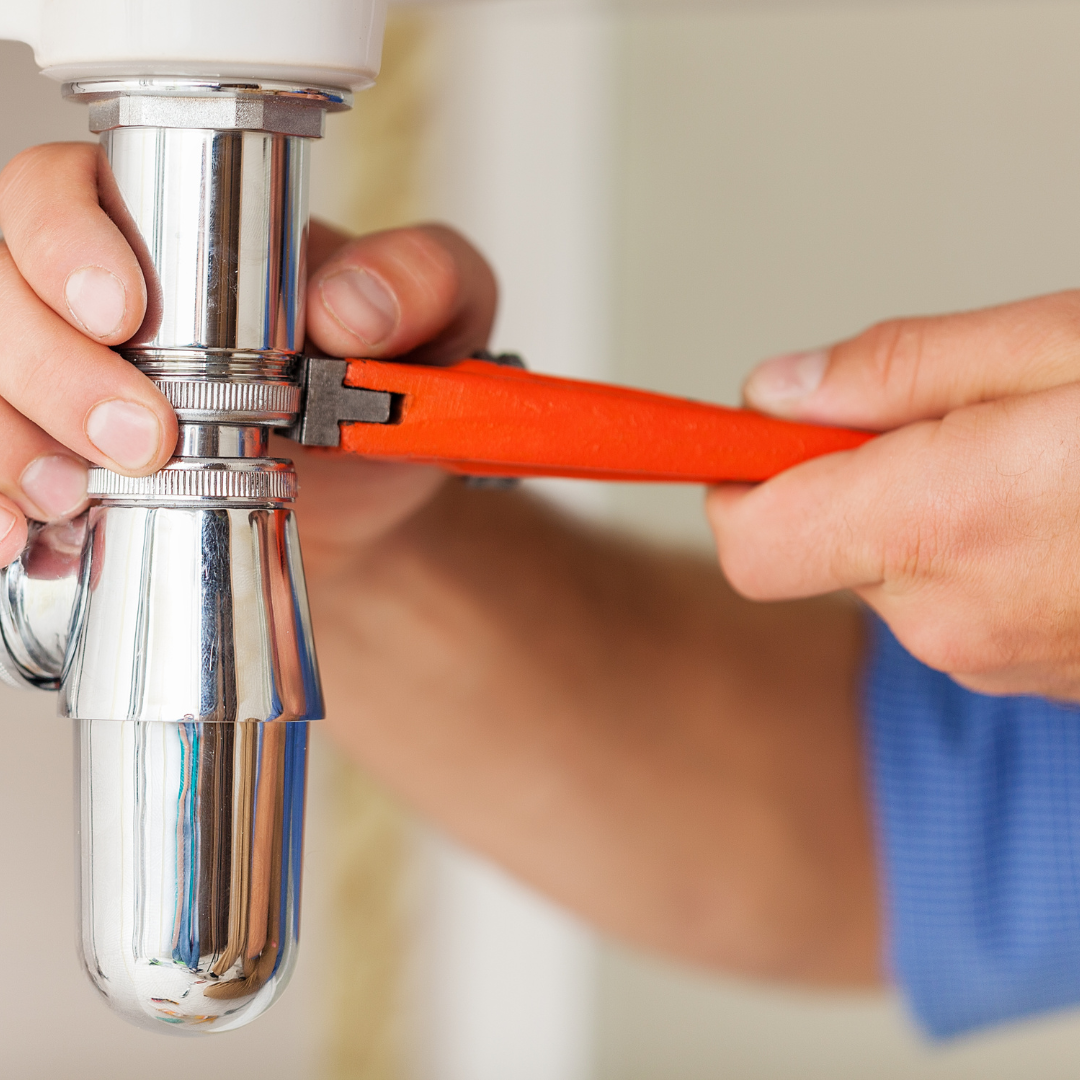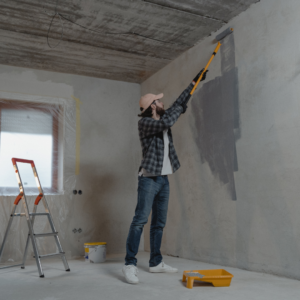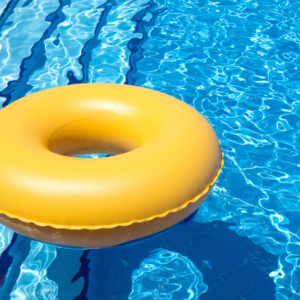Donec efficitur, ligula ut lacinia
viverra, lorem lacus.

Pipes and Prevention: Tips for Maintaining a Healthy Plumbing System
Maintaining a healthy plumbing system is often an overlooked aspect of home care until something goes awry. A leaky faucet, a clogged drain, or worse, a burst pipe can quickly turn into a homeowner’s nightmare and have them scrambling to go onto site such as mcmahonplumbing.com to get in touch with an expert. But fear not! With a bit of preventive care and some simple tips, you can keep your plumbing in top-notch condition. Let’s dive into the world of pipes and prevention.
Understanding Your Plumbing System
Before we delve into the preventive measures, it’s crucial to have a basic understanding of how your plumbing system works. Imagine it as the circulatory system of your house. Water flows in and out, ensuring a seamless operation. The main components include pipes, fixtures, valves, and appliances such as water heaters and washing machines.
Regular Inspections: The Proactive Approach
Prevention is better than cure, they say, and this holds true for plumbing too. Regular inspections can help you identify potential issues before they escalate. Start with a visual check of exposed pipes, looking for any signs of leaks or corrosion. Check faucets, showerheads, and toilets for any leaks or irregularities. Early detection can save you from major headaches down the line. If you notice any issues, leverage a professional plumbing service as soon as possible.
Mind What You Flush
Your toilet is not a trash can, and flushing the wrong things down can lead to serious plumbing issues. Only toilet paper and human waste should be flushed. Items like paper towels, facial tissues, and hygiene products can cause blockages and damage your plumbing system. Remember the three Ps: pee, poop, and paper.
Protect Pipes from Freezing
If you live in an area with cold winters, protecting your pipes from freezing is essential. Frozen pipes can burst, causing significant water damage, thereby requiring the expertise of an Emergency plumber in Yagoona NSW, or wherever you live. To prevent this from happening, consider insulating exposed pipes, especially those in unheated areas like basements, attics, and crawl spaces. On extremely cold nights, let faucets drip to relieve pressure and prevent freezing.
Guard Against Clogs
Clogs are one of the most common plumbing issues, and they can lead to slow drains or even backups. The primary culprits are usually grease, hair, soap scum, and foreign objects. To prevent clogs, consider using drain screens in sinks and tubs. Dispose of cooking grease in a separate container instead of pouring it down the drain. If a clog does occur, avoid using harsh chemical drain cleaners; instead, opt for a plumbing snake or a plunger for a more environmentally friendly solution. For persistent issues, seeking a professional Blocked Drains Service in Greenacre (or a similar service in your area) can ensure the problem is resolved effectively and prevent future blockages.
Maintain Water Heater Efficiency
Your water heater plays a crucial role in your daily life, providing warm baths and hot water for various household tasks. To keep it functioning efficiently, flush the tank annually to remove sediment buildup. Set the temperature to a comfortable yet energy-efficient level (around 120 F or 49 C). Insulate older units with a water heater blanket to conserve heat.
Be Gentle with Your Garbage Disposal
Garbage disposals are a convenient kitchen tool, but they have their limits. Avoid putting fibrous or starchy foods, bones, and non-food items down the disposal. Run cold water while using it and let the water continue for a few seconds after turning it off to ensure everything is flushed away.
Invest in a Water Softener
Hard water can wreak havoc on your plumbing system over time. Invest in a water softener to reduce mineral deposits that can lead to clogs and damage appliances. Not only will this improve the efficiency of your plumbing, but it will also extend the life of your water-using appliances.
Emergency Shut-Off Knowledge
In case of a plumbing emergency, knowing how to shut off your water quickly can prevent extensive damage. Locate the main shut-off valve in your home and make sure everyone in the household knows how to use it. It’s usually near the water meter or where the main water line enters your home.
Stay Mindful of Your Landscaping
Landscaping can have a significant impact on your plumbing system. Plant trees away from sewer lines to prevent roots from infiltrating and causing damage. Be mindful of where you install sprinkler systems to avoid water pooling near the foundation, which can lead to foundation issues and leaks. If you prefer additional help in setting all of these up, then consider taking the help of landscaping professionals, like those at Ministry of Ground (www.ministryofground.co.nz/). They can help you make your outdoor space look professional while customizing it as per your needs.
Conclusion: A Stitch in Time Saves Nine
Maintaining a healthy plumbing system doesn’t require a degree in engineering, just a bit of diligence and care. Regular inspections, mindful use of plumbing fixtures, and a proactive approach to potential issues can save you from the headaches and expenses of major plumbing problems. So, roll up your sleeves, adopt these preventive measures, and let the water flow smoothly through the veins of your home. Your pipes will thank you!



